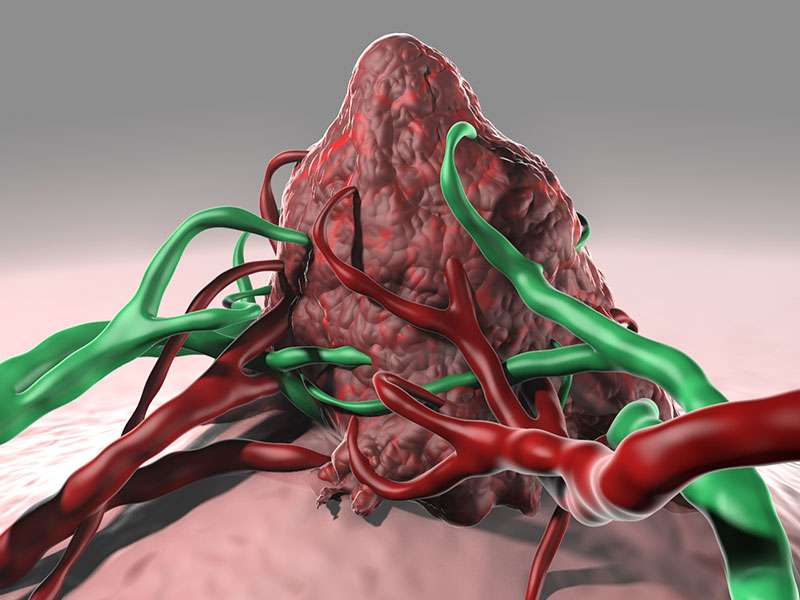Researchers develop novel treatment to prevent graft-versus-host-disease

Graft-versus-host-disease (GVHD) is the leading cause of non-relapse associated death in patients who receive stem cell transplants. In a new study published as the cover story in Science Translational Medicine, Moffitt Cancer Center researchers show that a novel treatment can effectively inhibit the development of GVHD in mice and maintain the infection- and tumor-fighting capabilities of the immune system.
Stem cell transplants can be used to treat patients who have certain types of cancer, such as leukemia or lymphoma. Many patients who have stem cell transplants receive an allogeneic transplant - stem cells donated by another person. One risk associated with allogeneic stem cell transplants is GVHD during which the donated immune cells fail to recognize the patient's own tissues and organs. The symptoms of GVHD vary and can be life-threatening. Common symptoms include rash, nausea and vomiting, diarrhea, and occasionally jaundice and liver failure.
In order to reduce the risk of GVHD, physicians try to match the recipient and donor tissue types as close as possible and prophylactic medicine is given throughout the transplant process. However, patients may still develop GVHD. The medications used to prevent GVHD are not very selective and suppress the activity of many different immune cell types; good and bad. As a result, GVHD prevention can increase the risk of serious infections and also inhibit the ability of donor immune cells from fighting against residual leukemia or lymphoma cells.
A team of Moffitt researchers led by Brian C. Betts, M.D., are trying to develop better, more effective treatments for preventing GVHD. Their goal is to develop drugs that can block those components of the immune system that contribute to GVHD, but do not affect the components of the immune system that are important for fighting infections and the tumor cells.
"It is known that Aurora kinase A and JAK2 pathway activation contributes to GVHD. However, drugs that inhibit either protein alone do not completely prevent GVHD," said Betts. "We hypothesized that co-treatment with drugs that target both Aurora kinase A and JAK2 could prevent GVHD better than either drug alone."
The researchers discovered that combined inhibition of Aurora kinase A and JAK2 promotes the differentiation of potent regulatory T cells, specialized immune cells that prevent GVHD. Aurora kinase A and JAK2 also significantly reduced GVHD in mice and allowed for the development of anti-cancer immune cells. This was best demonstrated by a drug developed at Moffitt that inhibits both Aurora kinase A and JAK2 simultaneously, eliminating the need to use two different medications.
"This novel prevention strategy warrants further investigation because of its potential to reduce the risk of GVHD and possibly be more effective and selective than commonly used GVHD treatments currently available today," added Betts.
More information: "Targeting Aurora kinase A and JAK2 prevents GVHD while maintaining Treg and antitumor CTL function," Science Translational Medicine, stm.sciencemag.org/lookup/doi/ … scitranslmed.aai8269













